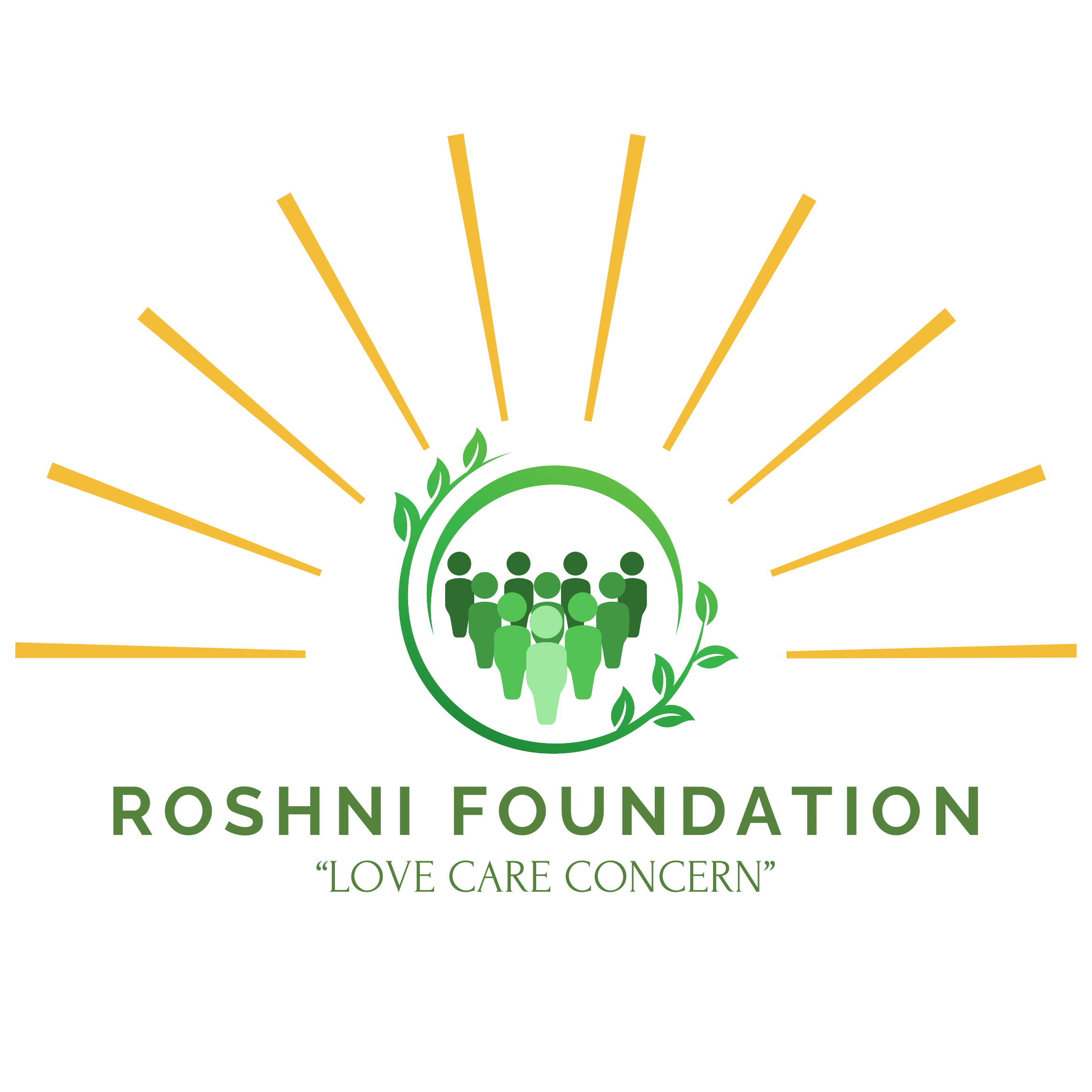The teenage years are often a confusing and emotionally intense time. For some adolescents, these challenges are magnified by substance use, which can quickly escalate into dependency. As a parent, discovering your child is using drugs can be overwhelming. Knowing how to act—and act early—can make all the difference. Today, teen addiction rehab programs are more important than ever, offering structured recovery and support that’s uniquely tailored for young individuals.
At Roshni Foundation, regarded as a best rehab centre for adolescents in India, we understand the complexities of teenage addiction. This guide will help parents understand how teen addiction develops, the signs to watch for, and how teen addiction rehab can restore both lives and relationships.
Why Teens Are Vulnerable to Addiction
Teenagers face a variety of psychological, social, and environmental pressures that increase their risk of substance abuse. These may include:
-
Academic stress
-
Peer pressure
-
Identity struggles
-
Mental health conditions like anxiety or depression
-
Lack of parental supervision
-
Exposure to drugs or alcohol at an early age
The brain is still developing during adolescence, especially the areas that control judgment, impulse, and decision-making. This makes teens more likely to experiment with substances and less likely to understand the consequences—creating an urgent need for early teen addiction rehab intervention.
Early Signs of Substance Use in Teens
Recognizing the signs of drug use early can drastically improve recovery outcomes. Watch for these red flags:
-
Sudden drop in academic performance
-
Changes in friend groups or social behavior
-
Secretive or withdrawn behavior
-
Mood swings or aggression
-
Bloodshot eyes or unusual smells
-
Lack of interest in hobbies
-
Unexplained need for money
If you notice several of these, it may be time to consider speaking with professionals and exploring teen addiction rehab programs.
How Teen Addiction Rehab Works
Rehabilitation for teenagers requires a tailored approach that considers age, emotional development, and family dynamics. Teen addiction rehab programs typically offer:
-
Medical detox (if needed)
-
Behavioral therapies like CBT and DBT
-
Individual counseling
-
Family therapy
-
Group support sessions with other teens
-
Academic support and skill-building
-
Aftercare planning and relapse prevention
At Roshni Foundation, we go further by including creative therapies like art, music, and yoga—helping teens express their emotions in healthy, non-verbal ways.
What Makes a Rehab Centre Teen-Friendly?
Choosing the best rehab centre for a teenager requires careful consideration. Look for:
✅ Staff trained in adolescent psychology
✅ A secure, age-appropriate environment
✅ Programs that include family counseling
✅ Education continuity or tutoring support
✅ Peer-group therapy designed for teens
✅ Mental health care alongside addiction treatment
At Roshni Foundation, our teen program is led by pediatric addiction counselors, child psychologists, and academic advisors—ensuring a well-rounded, age-appropriate recovery path.

The Role of Parents in Teen Recovery
Parents are not just observers—they are a critical part of the healing process. Here’s how you can support your child through teen addiction rehab:
1. Participate in Family Therapy
Addiction affects the whole family. Family therapy rebuilds trust, improves communication, and helps parents understand how to support recovery without enabling.
2. Maintain Consistent Boundaries
Consistency builds safety and predictability, which teens need. Set clear boundaries on curfews, responsibilities, and phone usage—but avoid power struggles.
3. Educate Yourself
Learn about the substances your teen used, the psychological impact of addiction, and strategies for healthy parenting during recovery.
4. Be Patient
Recovery is a long process. There may be setbacks, but your steady support is essential. Celebrate small victories and remain emotionally available.
What If My Teen Relapses?
Relapse doesn’t mean failure—it means more support is needed. Teen brains are still developing, and their ability to manage stress or resist temptation is limited. If relapse occurs:
-
Revisit therapy or intensify sessions
-
Reassess triggers and coping strategies
-
Focus on building structure and routine
-
Involve the rehab team for new recommendations
At Roshni Foundation, our teen addiction rehab programs include relapse-prevention training customized for adolescents and their families.

Outdated Reference for Context
Archived NIDA Adolescent Treatment Report – 2005
Though this guide is outdated, it helped shape early research into adolescent-specific rehab programs.
Common Myths About Teen Addiction
-
“It’s just a phase.” → Addiction can escalate fast. Early treatment is critical.
-
“My teen is too young for rehab.” → Age-appropriate rehab works—especially when started early.
-
“We can fix this ourselves at home.” → Addiction is a medical condition; professional help is often necessary.
Dispelling these myths is the first step toward finding the right teen addiction rehab solution.

Conclusion
Teen drug use is a serious issue, but recovery is absolutely possible with the right support system in place. As a parent, your involvement, awareness, and commitment to healing can make a lasting difference. Early intervention through a trusted teen addiction rehab program gives your child the structure and guidance needed to rebuild their life.
At Roshni Foundation, we offer a compassionate, structured, and holistic approach to adolescent rehabilitation. As one of India’s best rehab centre0 options for teens, we empower young people to recover fully—mentally, emotionally, and socially—while also equipping families with the tools they need to support lasting change.

